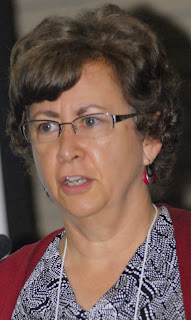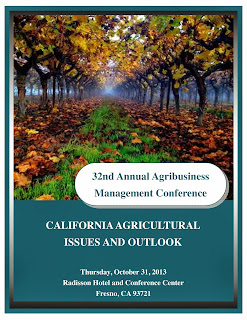Succession Planning Workshop
Farmers have unique needs when it comes to financial and succession planning. Without a doubt, getting started is one of the hardest steps. Farm Bureau’s partner in insurance, Nationwide® has developed the Land As Your Legacy® program to help farm and ranch families preserve the land and businesses they have developed over generations to provide a legacy for generations to come.













